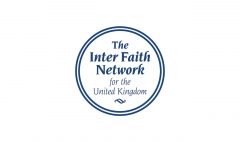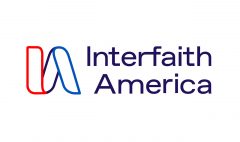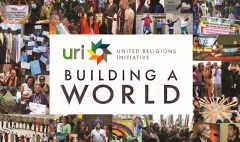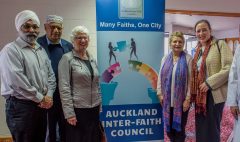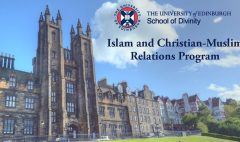Religions for Peace
July 3, 2020 2023-06-26 13:39Religions for Peace
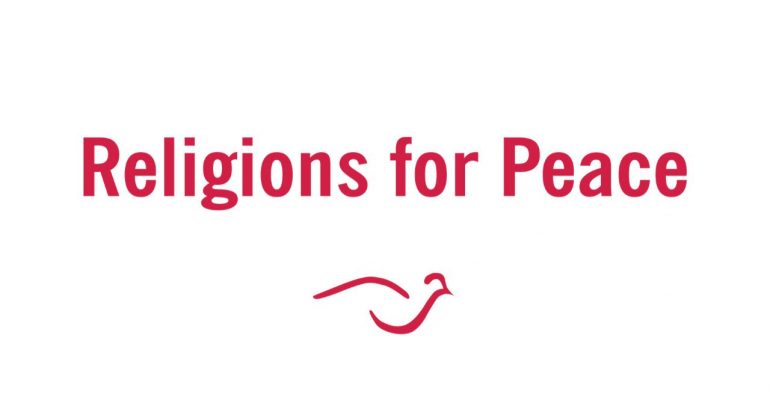
Religions for Peace
The World Council serves as the global leadership body of Religions for Peace, facilitating multi-level multi-religious action that includes the empowerment and equipping-for-action of national and regional Inter-religious Councils (IRCs), Interfaith Youth Networks (IYNs) and Women of Faith Networks (WoFNs).
Since its founding in 1970, RfP has been guided by the vision of a world in which religious communities cooperate effectively for Peace, by taking concrete common action. RfP is committed to leading efforts to advance effective multi-religious cooperation for Peace on global, regional, national and local levels while ensuring that the religious communities organized on these same levels assume and exercise appropriate leadership and ownership of these efforts.
RfP advances common action among the world’s religious communities for Peace.
Multi-religious cooperation for Peace and shared well-being is the hallmark of RfP. This cooperation includes but also goes beyond dialogue and bears fruit in common concrete action. Through RfP, diverse religious communities discern “deeply held and widely shared” moral concerns, such as violent conflict; gender inequality; environmental degradation; threats to the freedom of thought, conscience and religion; lack of interreligious understanding; and the shrinking space for civil society and multilateralism. RfP translates these shared concerns into concrete multi-religious action.
Principles
The RfP movement advances multi-religious cooperation consistent with its seven guiding principles.
1. Respect religious differences
2. Leverage the existing spiritual, moral and social assets of the world’s religious communities
3. Build and strengthen representative, sustainable interreligious mechanisms, co-owned by religious communities
4. Act on deeply held and widely shared values
5. Honor the identity and community of each religious tradition
6. Link local, national, regional and global multi-religious structures
7. Forge partnerships with other sectors of society
Every 5-7 years, Religions for Peace convenes a World Assembly of senior-most religious leaders for the purpose of forging a deep moral consensus on contemporary challenges, electing a new World Council, and advancing multi-religious action across and beyond the Religions for Peace network. The Religions for Peace World Assemblies are global in scale, multi-stakeholder in composition, and action-oriented. The Assemblies convene senior religious leaders from around the world who are strategically positioned to advance multi-religious action for the common good. They also include representatives of governments, intergovernmental organizations, charitable foundations, and other civil society sectors and provide concrete opportunities to forge multi-stakeholder partnerships for the common good.
The primary mechanism for inter-religious cooperation employed by Religions for Peace is the “Inter-religious Council (IRC).” Led by the representatives of diverse religious communities, IRCs are designed to provide platforms for cooperative action throughout the different levels of these religious communities, from grassroots structures to the senior-most leadership. Inter-religious Councils serve as bridges between diverse religious communities to help build trust, reduce hostility in areas of conflict and provide a platform for common action.
Website: https://rfp.org/


